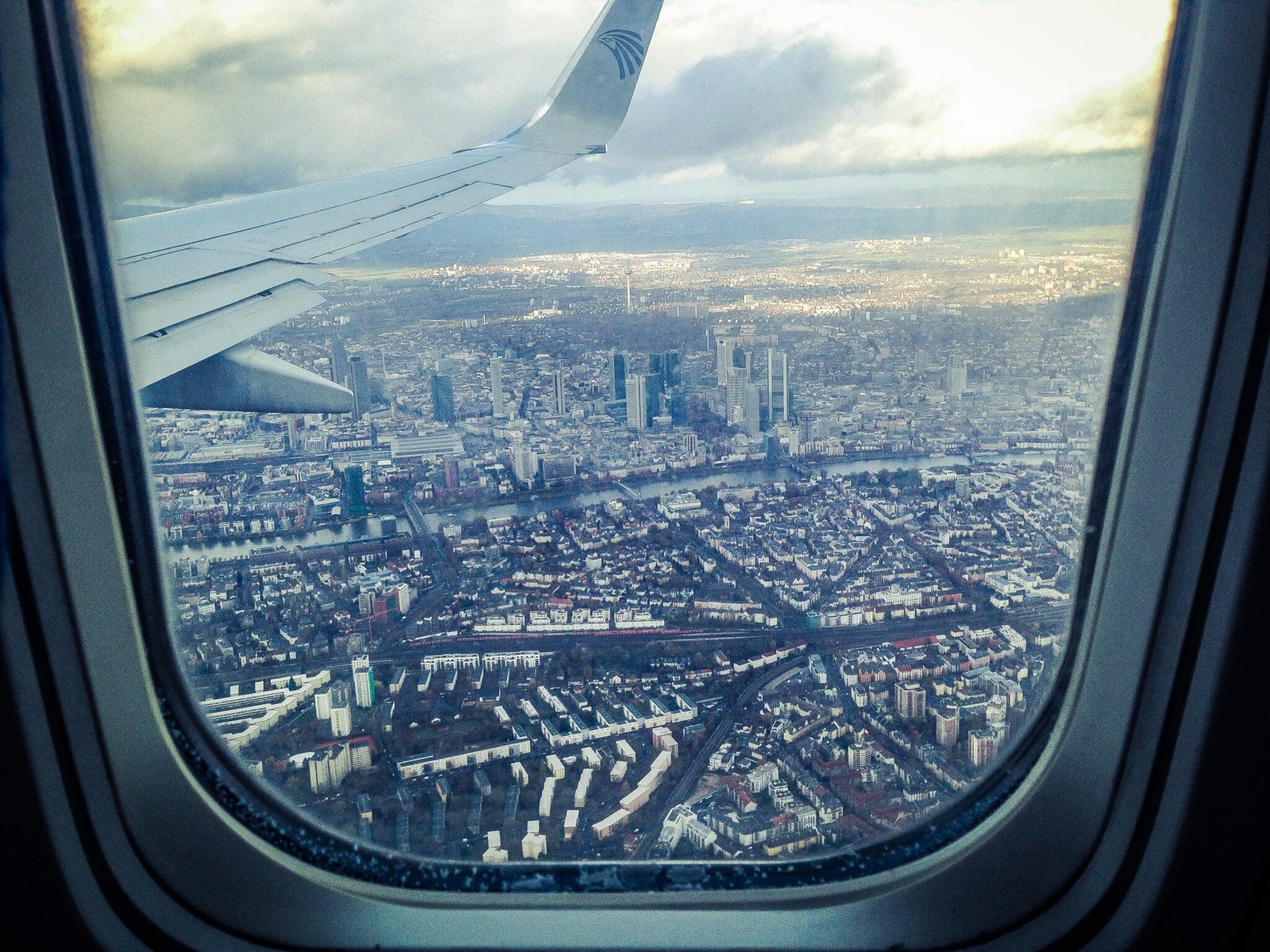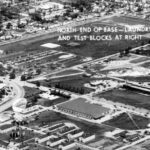A British Airways flight this month was canceled after a flight attendant died suddenly, moments before takeoff as passengers watched.
The doors had already been locked as the plane prepared to depart London’s Heathrow Airport for Hong Kong on New Year’s Eve. Passengers were seated and waiting for takeoff when a 52-year-old flight attendant suddenly collapsed. At the captain’s urgent request, a passenger and medical responders tried to revive the crew member but were unable to do so.
British Airways canceled the flight, citing a “medical emergency.”
The collapse came one week after a similar incident occurred involving another 52-year-old British Airways flight attendant who died suddenly in her hotel room prior to the flight.
“Crew are frantic. These were two healthy people who suddenly dropped dead. There were no reported underlying health issues,” a source told the Sun.
The deaths come amid an alarming spate of sudden deaths among pilots which has sparked concern about public safety in aviation.
Last month Singapore Airlines lost its fifth pilot since May to sudden death when Captain Lee Meng Chye Martin passed away unexpectedly on December 24th, reported Dr. William Makis.
Last November, a tragic incident occurred at Delhi’s Indira Gandhi International (IGI) airport when 37-year-old Air India pilot Captain Himanil Kumar passed away due to a sudden cardiac attack. Kumar had completed his most recent medical assessment in late August and was deemed medically fit to fly.
DGCA stated that all his previous medical evaluations were satisfactory and did not reveal any underlying medical issues.
Despite pilots undergoing routine health tests, it seems that certain conditions are being overlooked. As the frequency of pilot casualties rises, the likelihood of both co-pilots being unable to perform their duties also increases.
According to an incident report from Aviation Herald, on September 24th, the pilot of an Austrian Airlines flight from Stuttgart to Vienna “began to feel unwell.” As the jet began its descent, he found himself unable to continue and the first officer assumed control of the aircraft.
A day earlier, Alaska Airlines Captain Eric McRae was discovered deceased in his hotel room while on a layover.
The day before, a Delta Airlines flight traveling from Paris to Los Angeles had to make an unscheduled landing in Minneapolis due to the pilot becoming suddenly incapacitated. The pilot was promptly transported to a medical facility while the aircraft proceeded with its journey following a significant six-hour setback.
In August of last year, an unfortunate incident occurred at India’s Nagpur airport where an IndiGo airline pilot slumped at the boarding gate and was subsequently declared deceased upon arrival at the hospital. Initial reports said that Captain Manoj Subramanyam, 40, experienced “sudden cardiac arrest.”
A day earlier, a 51-year-old pilot who was traveling as a passenger on Qatar Airlines Flight QR 579 unexpectedly passed away while en route from Delhi to Doha.
Just three days before, a LATAM flight traveling from Miami to Santiago, Chile had to change its course and land in Panama City due to the unexpected passing of the captain while he was in the restroom.
But not everyone has been caught off guard by the surge in pilot casualties. In a letter dated December 2021 and addressed to the Federal Aviation Administration (FAA) and major airlines, a group of esteemed medical professionals pushed for a medical flagging system for pilots who have been vaccinated against COVID-19, suggesting that they undergo further examination.
“[A]cross all populations, the inoculations are resulting in significant increases in myocarditis and subsequent heart failure, arrhythmias, cardiac arrests, and deaths,” the letter warned. “This is especially true in the younger male cohort, to which many pilots belong.”
The letter further cautioned that “should the FAA fail to ground and medically de-certify all pilots” who received the COVID-19 injections, it “will be putting many innocent airline passengers’ lives in harm’s way in the event a pilot loses control of his aircraft after suffering a major bloodclotting event (pulmonary embolism, stroke, etc.) or a myocarditis-related event, either of which can result in incapacitation, cardiac arrest, and death.”
The letter bore the signatures of Dr. Peter McCullough, M.D., Dr. Ryan Cole, M.D., LTC Colonel Theresa Long, M.D., MPH, Pilot Cody Flint, and a group of human rights advocates.
The Federal Aviation Administration (FAA) has not yet conducted an investigation into any potential connection between these sudden deaths and COVID vaccines, but it denies the existence of such a link. “The FAA has no evidence of aircraft accidents or incapacitations caused by pilots suffering medical complications associated with Covid-19 vaccines,” a spokesperson told AP News.
Sierra Lund, a young recreational pilot who has been affected by the COVID-19 vaccine, highlights the importance of regular medical evaluations for commercial pilots to ensure their fitness for flying.
“I think one thing that the public needs to know is, if they hear of a pilot having a condition, or a heart attack in the cockpit, they aren’t just your average person. . . . I mean, these people go in for extensive medical screenings to keep their jobs,” said Lund. “So these should be the healthiest people out there.”






awesome